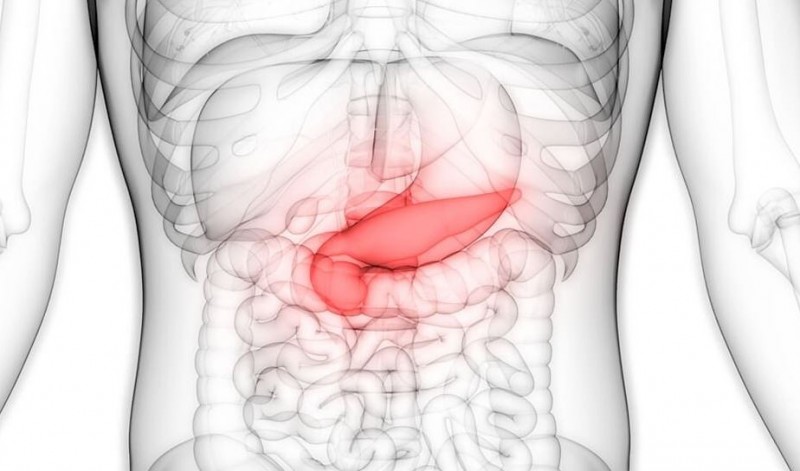
The pancreas, an essential organ located in the upper abdomen, plays a crucial role in both digestion and blood sugar regulation. It produces digestive enzymes like lipase, protease, and amylase that help break down fats, proteins, and carbohydrates, respectively. Additionally, the pancreas secretes insulin, a hormone vital for managing blood sugar levels. Recognizing the signs of a malfunctioning pancreas can help prevent serious conditions like pancreatitis and pancreatic cancer. Here are some critical symptoms of pancreatic issues and why you should never ignore them.
1. Abdominal Pain
One of the earliest and most common signs of pancreatic issues is abdominal pain. This pain can be sudden and severe, often radiating to the back. The pain may intensify after eating, particularly foods high in fat, as the pancreas struggles to produce adequate digestive enzymes. Chronic abdominal pain could indicate inflammation or swelling of the pancreas, leading to conditions like pancreatitis.
2. Unexplained Weight Loss
A damaged pancreas can impair nutrient absorption, leading to unexplained weight loss. Despite consuming a nutritious diet, the body may fail to absorb essential nutrients due to insufficient enzyme production. This malabsorption can result in significant weight loss and feelings of weakness or fatigue, as the body is deprived of the energy and nutrients it needs.
3. Nausea and Vomiting
Nausea and vomiting are common symptoms of pancreatic problems. When the pancreas cannot secrete enough digestive enzymes, the body struggles to break down food properly, leading to digestive discomfort. Consuming fatty foods can exacerbate these symptoms, as the pancreas becomes overwhelmed trying to digest fats, leading to bouts of nausea and vomiting.
4. Diarrhea
Frequent diarrhea can signal pancreatic dysfunction. When the pancreas fails to produce sufficient digestive enzymes, the body cannot effectively break down fats and proteins, resulting in loose, watery stools. Chronic diarrhea can lead to dehydration and further nutritional deficiencies, compounding the health problems caused by a malfunctioning pancreas.
5. Bloating and Gas
Bloating and excessive gas after meals can indicate pancreatic issues. This happens when the pancreas does not produce enough gastric acid and enzymes to digest food properly. Undigested food ferments in the intestines, producing gas and causing bloating. Persistent bloating and gas can significantly impact quality of life and indicate underlying pancreatic problems.
Importance of Early Detection
Early detection of pancreatic issues is crucial for effective treatment and prevention of more severe conditions. Ignoring these symptoms can lead to chronic pancreatitis, which can cause permanent damage to the pancreas, or even pancreatic cancer, a life-threatening disease. Regular medical check-ups, a healthy diet, and prompt attention to digestive issues can help maintain pancreatic health.
Recognizing the signs of a damaged pancreas and seeking medical attention promptly is essential for preventing serious health complications. Abdominal pain, unexplained weight loss, nausea, vomiting, diarrhea, and bloating are critical symptoms that should not be ignored. Maintaining a healthy lifestyle, staying informed about pancreatic health, and consulting healthcare professionals when needed can ensure early detection and treatment of pancreatic issues, safeguarding overall health.
Does Eating Coconut Raise Cholesterol? Debunking the Myths
Finnish Olympic Team Enhances Health Protocols for Paris 2024
Follow This Trick: Cut Out Processed Sugar for 30 Days and See These Benefits